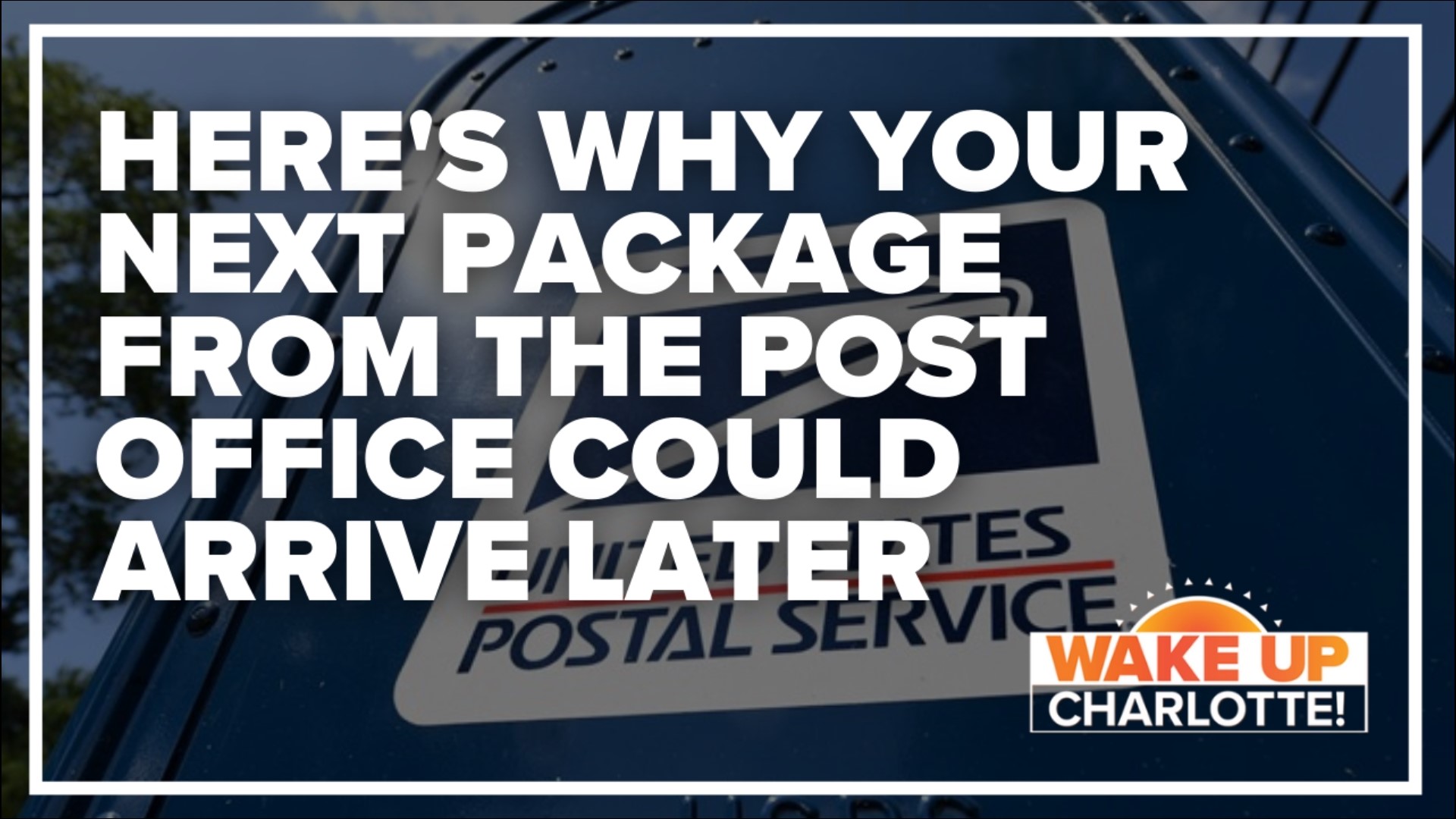WASHINGTON — Americans should get used to “uncomfortable” postage rate increases in coming years as the U.S. Postal Service seeks to become self-sufficient, Postmaster General Louis DeJoy said Thursday.
The Postal Service Board of Governors sets postage rates, but DeJoy said he'll advocate for raising prices until “we have accomplished our objective of projecting a trajectory that shows us being self-sustaining.”
“I believe we have been severely damaged by at least 10 years of a defective pricing model which cannot be satisfied by one or two annual price increases, especially in this inflationary environment,” he added.
DeJoy made the remarks at a Board of Governors meeting in which the Postal Service reported a loss of about $1.7 billion for the latest quarter.
A sweeping overhaul meant to shore up the Postal Service's financial future will be reflected in the next quarter's results. The long-delayed law also ensures six-day-a-week mail delivery.
The bill was signed by President Joe Biden on the same day the Postal Service announced plans for the latest rate increase.
If the increase wins final approval from the Postal Regulatory Commission, then the cost of a first-class “forever" stamp will grow by 2 cents to 60 cents, effective July 10.
The Postal Service Reform Act lifts budget requirements that have contributed to the agency's red ink, and spells out that mail must be delivered six days a week, except for federal holidays, natural disasters and some other situations.
Postage sales and other services were supposed to sustain the Postal Service, but it has suffered 14 straight years of losses. Growing worker compensation and benefit costs, plus steady declines in mail volume, have exacerbated losses, even as the service delivers to 1 million additional locations every year.
The new law ends a requirement that the Postal Service finance workers’ health care benefits ahead of time for the next 75 years — an obligation that private companies and federal agencies do not face. Biden said that rule had “stretched the Postal Service's finances almost to the breaking point."
Now, future retirees will enroll in Medicare, while other health plans and the Postal Service cover only current retirees’ actual health care costs that aren’t paid for by the federal health insurance program for older people.
To measure the agency's progress in improving its service, the law also requires it to set up an online dashboard that would be searchable by ZIP code to show how long it takes to deliver letters and packages.
Travis Pittman contributed to this report.

